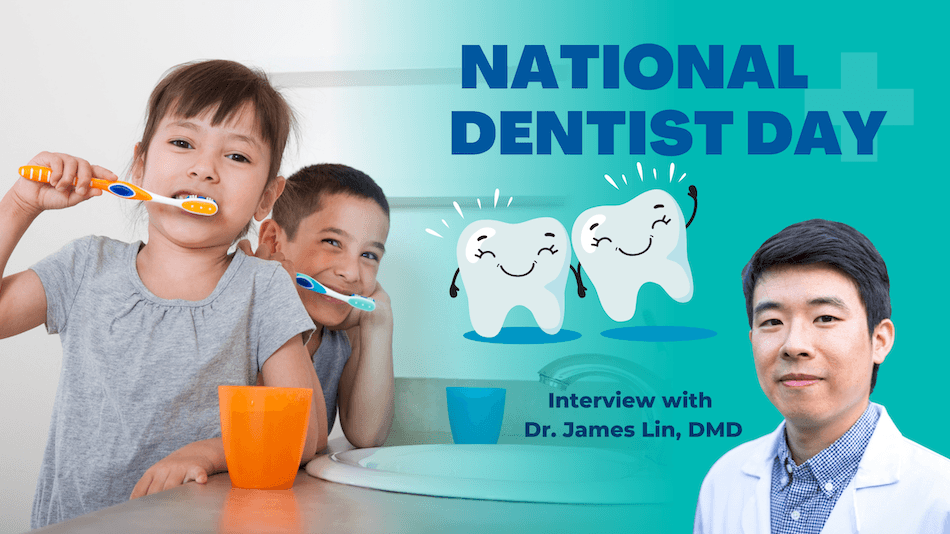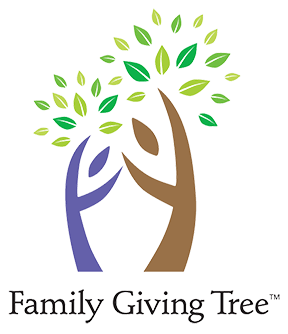For National Dentist’s Day, we interview Dr. James Lin DMD, a local dentist in Los Gatos about the topic of preventative dental care, and the implications for children living in poverty.

Dental care is sadly one of the most prevalent unmet but treatable health needs for children. Tooth decay remains the most common chronic childhood health problem - 5 times more common than asthma and seven times more prevalent than hay fever.
Children living in poverty suffer twice as much from untreated cavities as their more affluent peers. This results in negative impacts on both their own and their family’s quality of life. Pain from tooth decay can have a long-term impact on speech, nutrition, and a child’s ability to participate in learning activities at school. Left untreated, tooth decay can impact overall health, having a detrimental effect on heart health and more.
You might be surprised to learn that oral hygiene products are not on the list of SNAP (Supplemental Nutrition Assistance Program)-approved items. For many low-income families that depend on food stamp programs, this means they must choose between buying food or buying toothbrushes when they are able to visit the grocery store — not a choice anyone should have to make.
For National Dentist’s Day, Major Gifts Officer Dena Vongchanh asked Dr. James Lin, DMD, a local dentist in Los Gatos, to share his insights about the importance of dental health and preventative care in children.
Dr. Lin, what are common mistakes children and adults make when brushing or flossing their teeth?
It is important to brush at least twice a day, for two minutes each time. Remember to change the toothbrush head (if electric toothbrush) or the entire toothbrush (traditional manual toothbrush) every three months. Do not share toothbrushes. Each individual should have their own toothbrush to prevent contamination, such as if someone is sick, has cavities, or has gum disease. Flossing once a day is strongly encouraged. If manual dexterity is challenging, floss picks or a water flosser can be helpful. A water flosser can also be very helpful if someone has braces.
What implications can poor dental health have on other parts of the body?
For children, toothaches and pain from cavities can result in missed school days or distractions from learning. Baby teeth can still get cavities and large cavities can lead to infection. It is very important for children to have a dental checkup and dental cleaning every six months.
How can we help bridge the gap of oral health inequity, and what are some resources for families who are struggling to afford dental care?
"Give Kids a Smile Day" happens in February (and sometimes additionally, throughout the year). During GKAS events, some dentists volunteer at select schools to provide free screening for children. Furthermore, "CDA Cares" is put on by the California Dental Association and offers certain dental treatments to communities most in need.
During the 2023 Back to School Drive, we will again give out essential dental supplies along with educational material about tooth care in our backpacks. Oral health is essential for all humans, and it starts with prevention! If you would like to inquire about donating packaged toothbrushes, please contact us at
Dr. James Lin, DMD's office can be reached at https://www.dentistinlosgatos.com/



